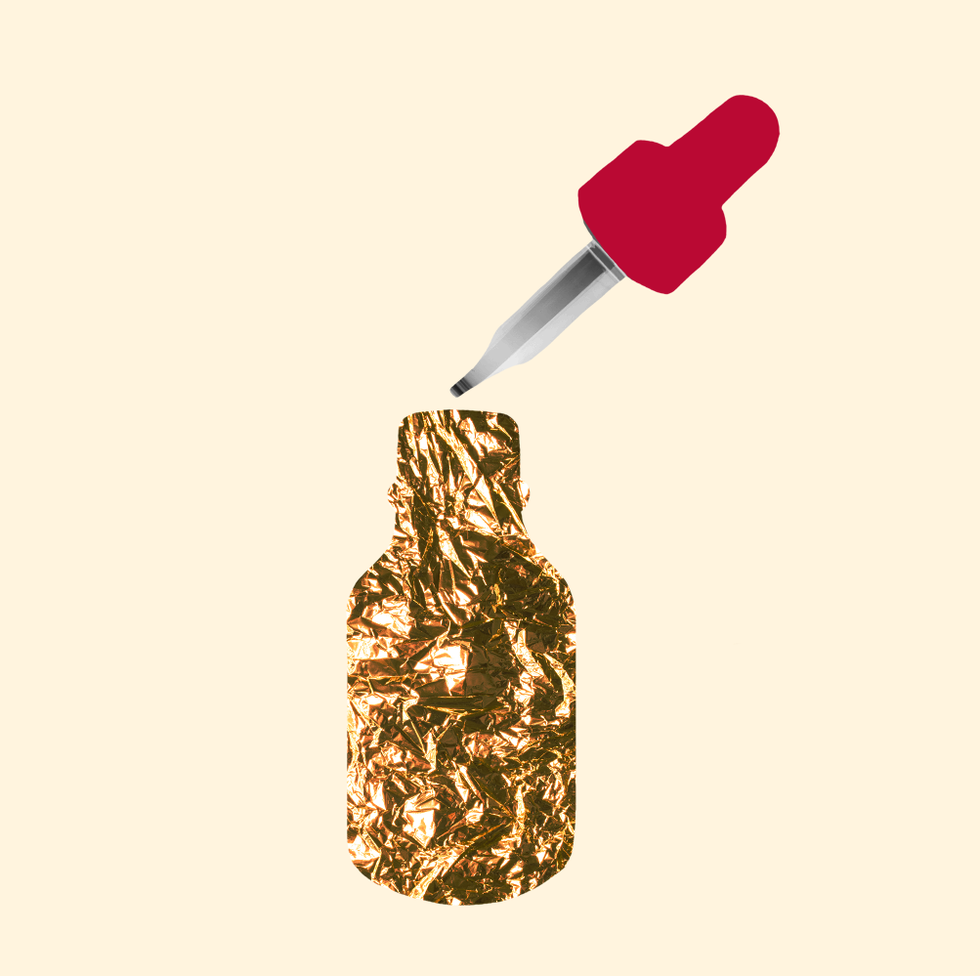We Have to Acknowledge That CBD Use Is a Privilege
by Amber E. Senter for Marie Claire
In the café where I’m writing, you can order the standard array of coffee and tea concoctions, pastries, bagels, mini-canisters of Pringles, hard boiled eggs, and cannabis. No, this isn’t a cannabis lounge or a dispensary, and it’s not really a place that encourages anyone to get high (unless you count the Red Bulls in the refrigerator). The cannabis sold here, like the stuff you can increasingly get in corner stores, groceries, and health food shops across the country, is CBD.
It would be natural to think that the War on Drugs is over. That national crusade against drug use, particularly marijuana, started by Richard Nixon in the seventies and ramped up by Ronald Reagan in the eighties, did little to stem usage rates or ease of access. But what it did accomplish was the incarceration of millions of people of color, who were locked up in numbers far exceeding those of white people despite similar drug usage rates. Many people think those days are in the past. How could they not be, when I can buy CBD-infused kombucha at the same grocery store where I pick up milk, bread, and produce? But the facts tell a different story: According to the ACLU, from 2001 to 2010 there were, on average, more than 800,000 cannabis-related arrests in the U.S. per year. By 2017, that figure had barely dipped to 659,700 arrests, despite eight states and Washington D.C. legalizing cannabis for any use in the interim. In fact, there were actually more marijuana arrests in 2017 than 2016, and 90 percent were for possession alone. So how do we square that reality with the CBD chocolates next to the croissants and instant oatmeal at my café? Especially when you consider that this establishment doesn’t have a license for social consumption of cannabis. (I would know: Magnolia, a dispensary for which I was COO, has the only social consumption license in Oakland, California, at the time of this writing.) The answer to this contradiction lies in the diverging narratives of CBD and THC.
Somewhere along the way, CBD became the friendly, harmless, medicinal part of cannabis, and THC the intoxicating drug.
See more here.

